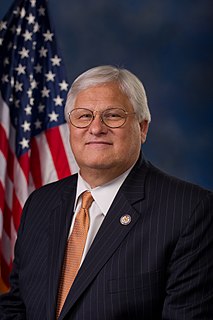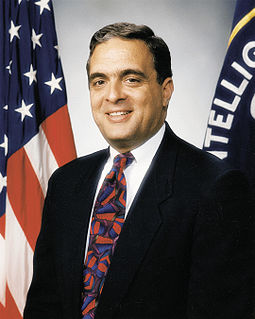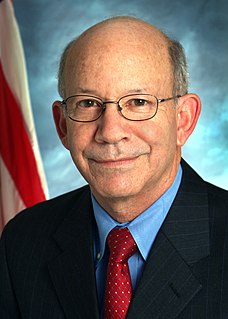A Quote by Charles Kennedy
I have never once been persuaded as to the causal link between the Iraqi regime, al-Qaeda and September 11. I do believe the impact of war under these circumstances is bound to weaken the international coalition against terrorism itself.
Related Quotes
Before September 11, we were fighting terrorism in our southwestern Philippines, and it was a lonely fight. However, we were able to contain it now in one island in that part of the Philippines. But after September 11, and after the creation of the global coalition against terrorism, now we have allies, and I believe now it will easier with allies.
In addition to declaring and destroying all of its weapons of mass destruction, Iraq must end its support for terrorism. It must cease the persecution of its civilian population. It must stop all illicit trade outside the oil-for-food program. And it must release or account for all Gulf War personnel, including an American pilot, whose fate is still unknown. By taking these steps, and only by taking these steps, the Iraqi regime has an opportunity to avoid conflict. These steps would also change the nature of the Iraqi regime itself. America hopes the regime will make that choice.































